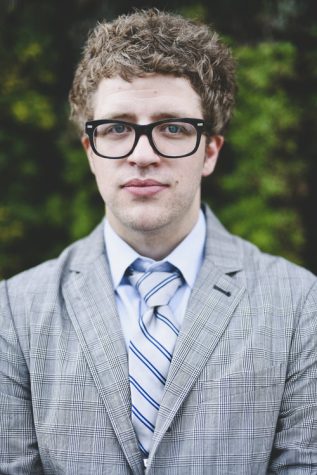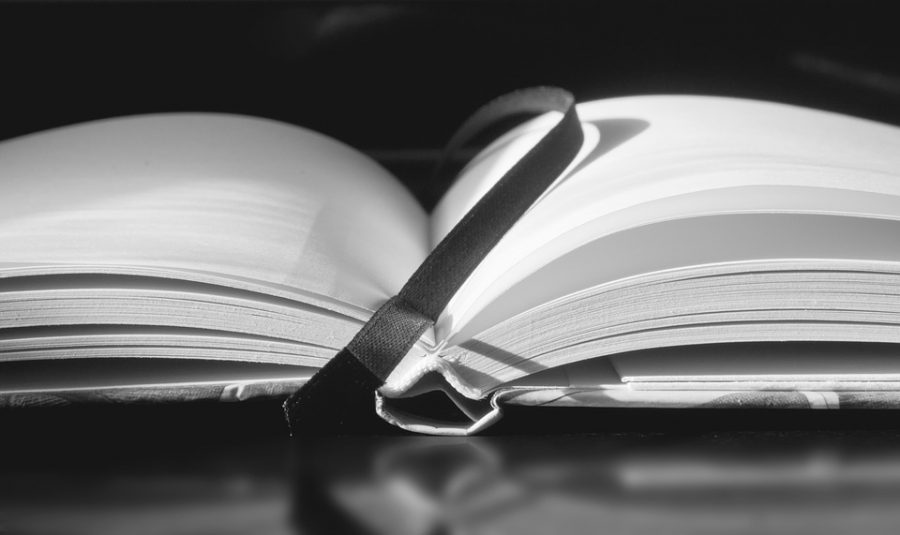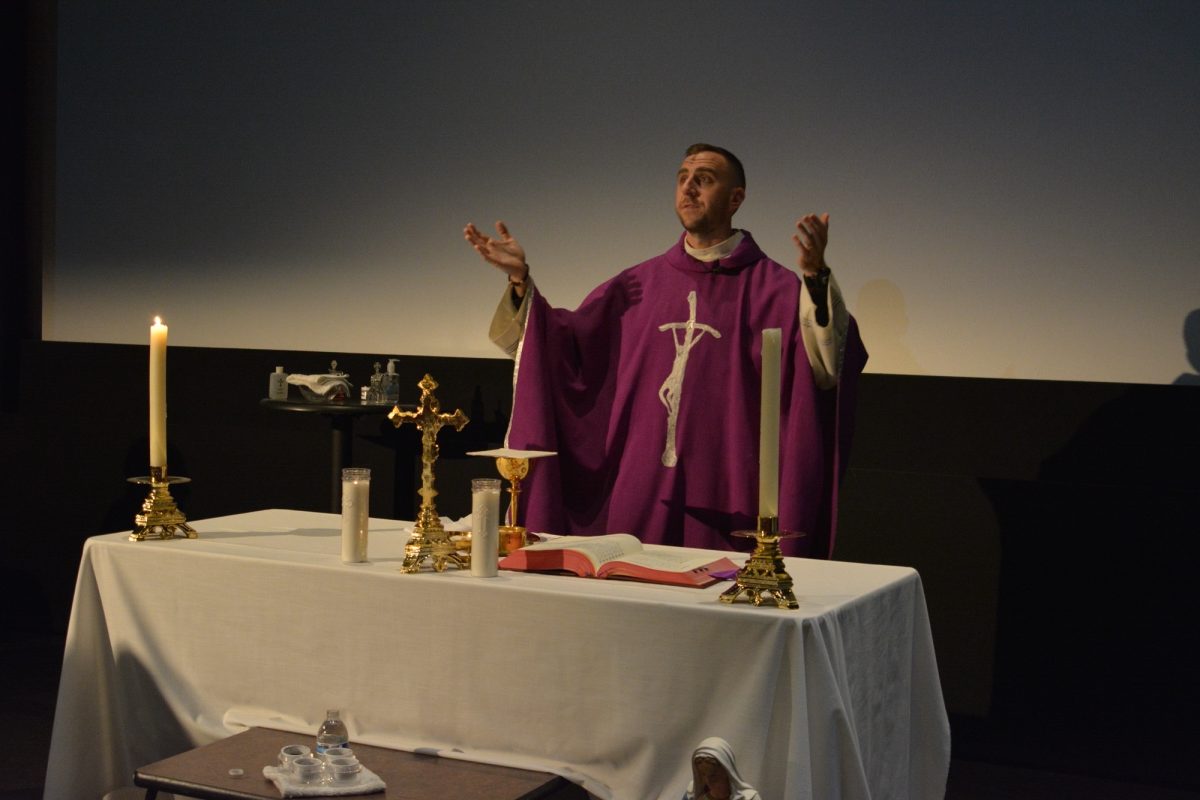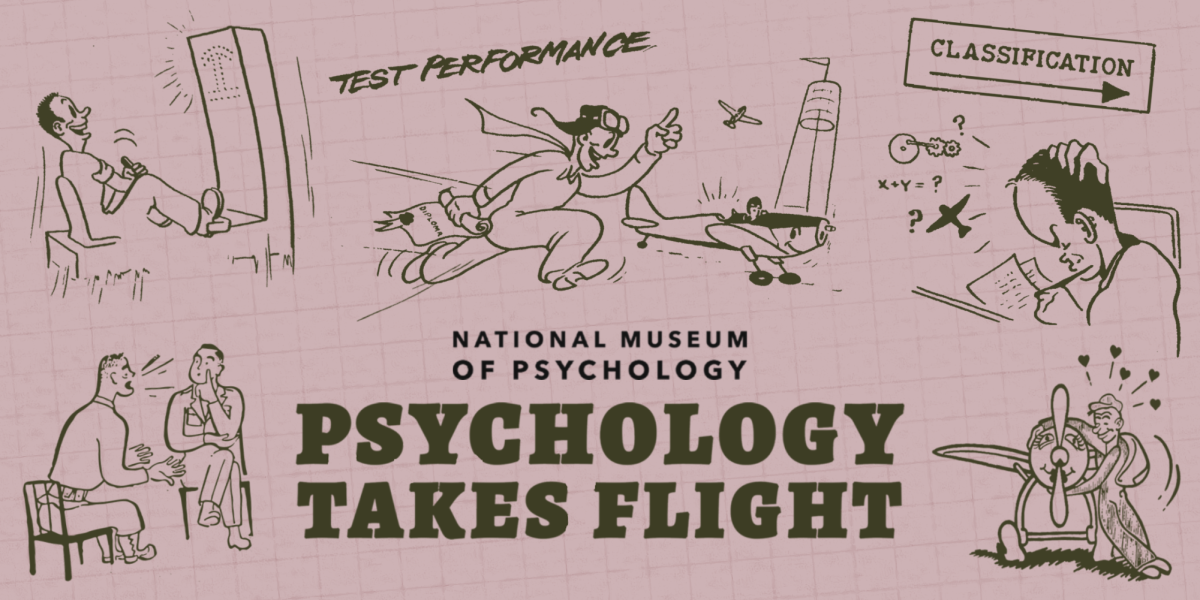Poetry for People Who Hate Poetry: Volume 3
‘Poetry for People Who Hate Poetry’ is a syndicated column by Ohio Poet Laureate Dave Lucas.
November 28, 2018
“I never got poetry,” someone says to me again. And I sigh.
Because I never got it either—at least, not until I learned to stop worrying about “getting it.”
In fact, “get”—with its connotation of acquisition and possession—is the wrong word for what we do with poetry. It suggests that a poem is something we take in order to have or keep it. As if a poem were a half-gallon of 2 percent milk to be picked up on the way home.
Walt Whitman jokes about this approach to poetry in section two of “Song of Myself.” “Have you practis’d so long to learn to read?” he asks. “Have you felt so proud to get at the meaning of poems?” Instead, Whitman urges a more sensory, individual reading of poetry:
You shall no longer take things at second or third hand, nor look through the
eyes of the dead, nor feed on the spectres in books,
You shall not look through my eyes either, nor take things from me,
You shall listen to all sides and filter them from your self.
Whitman mentions another word that often complicates our experience of poetry, “meaning.” Meaning is the elephant in the poem’s cramped room, especially if that meaning is perceived to be “deeper” or “hidden.”
If we are supposed to get a poem, its meaning is what we are supposed to get. The poem has whispered us its secrets; the matter is settled for good, and we can move on to lunch and recess.
You might be all too familiar with this approach to poetry, especially if your experiences with poetry have taken place primarily in classrooms. Too many of us have been taught that poems resemble riddles to be solved rather than music to be heard or meals to be relished.
Have you felt so proud to get at the meaning of poems? We may answer “no” because we remember being told that our ideas about poems were wrong, that the author meant something else entirely, and that what the author meant was what mattered most.
By the time I got to high school, I was so conditioned to seek the meaning of a poem that when I read “A Poem Should Not Mean / But Be” by Archibald MacLeish, I wanted to demand, “but what does that mean?”
The riddle-unraveling strategy might work well on the AP Test, but I fear it diminishes the real value of poetry, the pleasure of its sounds, its potential to help us make meaning in and of our lives.
I think we need to change our approach.
I ask my students to consider the word “meaning” as a verb instead of a noun. That is, meaning is not something we achieve, arrive at or get; instead, imagine that meaning is something we do, an active process through which we make sense of language and the world.
We may like to think of words as “having” definitions, the way we might have blue or brown eyes. In this model, words mean what “the dictionary” says they mean. But anyone who has ever argued about what particular shade of blue this or that blue is—navy, cobalt, midnight—knows perfectly well how slippery words can be.
So, just as get is the wrong word for poetry, I also believe that “What does a poem mean?” is the wrong question.
Robert B. Pierce, professor emeritus of Oberlin College, asks a better question in an essay called “How Does a Poem Mean?”. That how is especially important because it changes the way we think about meaning itself.
Meaning is not a fixed entity, the answer to some trivia question we’ll never be asked. Meaning changes. Just think about what the seemingly innocent word love meant to you at age 8, age 16 and what it means to you now.
If we must think of the poem as possessing a meaning, that meaning is neither the exclusive property of the poet nor of the audience. Meaning is a process in which we participate; we collaborate with the poet themselves to bring the poem to life between us.
In this model, “meaning” is not the answer to a trivia question: What is the capital of England? Instead, Pierce writes, to understand a poem “is like knowing a city, such as London. To know London is to be at home there; there is no set of pieces of information that constitutes my knowing the city, though information is part of the whole.” To know London, or a poem, we must first understand “that there is no one thing to know.”
To get to know a city, as Pierce suggests, you would need to walk its streets, sample its cafes, eavesdrop on the locals’ conversations. You would need to know where the museums are, of course, but you would also need to know how those museums smell, how it feels to stand in the cool marble halls.
To get to know a poem, you need to read it, ideally again and again. Better yet, hear it, say it aloud. Feel its sounds in your throat; try writing it out in your own hand.
Try it with Robert Hayden’s “Those Winter Sundays,” a poem you might indeed have encountered in a classroom. You might have learned that the poem portrays an adult’s conflicted memories about childhood and a distant, if dutiful, father. None of that is wrong, but none of it is enough.
Instead, say the poem aloud until you can hear in your own voice the crackling of the fire Hayden recreates with “b” and “l” and “k” sounds:
Sundays too my father got up early
and put his clothes on in the blueblack cold,
then with cracked hands that ached
from labor in the weekday weather made
banked fires blaze. No one ever thanked him.
Write out those lines until your own fingertips touch the stealthily echoing rhymes of “blueblack” and “cracked,” “banked” and “thanked.”
Then go back and notice that sneaky “too” in the opening line. That one word allows us insight into years of the family dynamic in the poem. “Sundays too”—this day, like all days, “I’d wake and hear the cold splintering, breaking.”
If you can hear it too, then you have become the poet’s collaborator. You and Hayden are “meaning” the poem yourself. And I suspect you will wince all the more at the heartwrenching repetition at the end of the poem: “What did I know, what did I know / of love’s austere and lonely offices?”
Forget “deep meanings.” The best stuff is right there on the surface if we can stop taking it for granted.
What’s deep is the pleasure we can find if we stop worrying that something is hidden. What there is to get is the sense that the poem belongs to us just as much as to the poet, that we make its meanings together. That the poem can be the place where we meet.
About the Poet

Dave Lucas is the author of ‘Weather,’ which received the 2012 Ohioana Book Award for Poetry. Named by Rita Dove as one of thirteen “young poets to watch,” he has also received a Discovery/The Nation Prize and a Cleveland Arts Prize. In 2018, he was named the second Poet Laureate of the State of Ohio. A co-founder of Brews + Prose at Market Garden Brewery and Cleveland Book Week, he lives in Cleveland, where he was born and raised.














